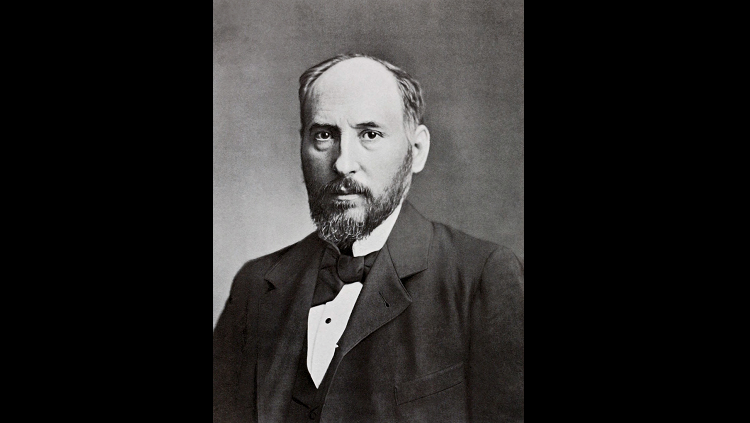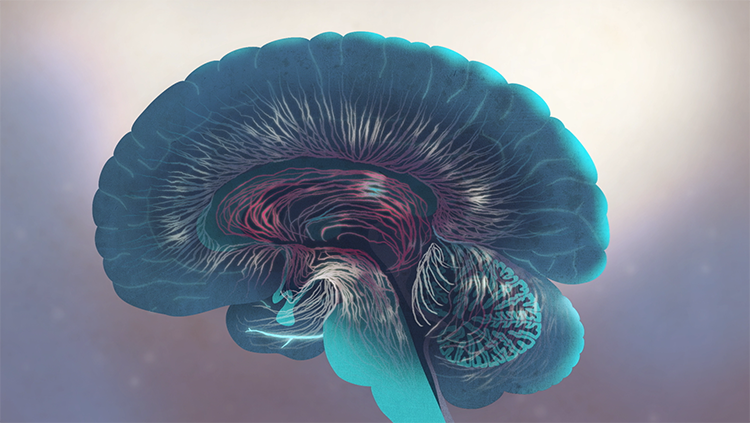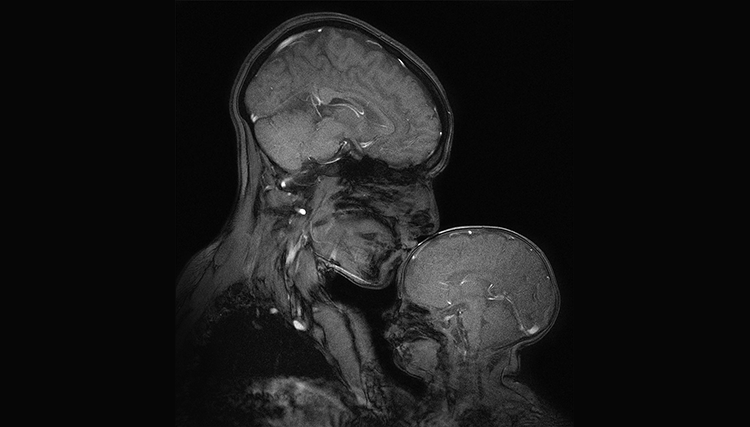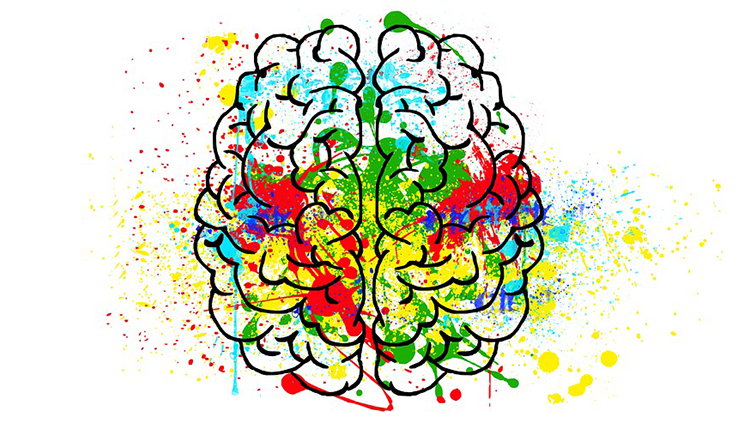Filter
-
(1)
-
(1)
-
-
(16)
-
(13)
-
(5)
-
-
(7)
-
(46)
-
(56)
-
(4)
-
(1)
-
(3)
-
(4)
-
(7)
-
(3)
-
(5)
-
(2)
-
(11)
-
(5)
-
(2)
-
(1)
-
(1)
-
(1)
-
(2)
-
(1)
-
(1)
-
(4)
-
(4)
-
(1)
-
(1)
-
(5)
-
(1)
-
-
(73)
-
(1)
-
(20)
-
(24)
-
(6)
-
(24)
-
-
(14)
-
(7)
-
(55)
-
(3)
-
(5)
-
(6)
-
(31)
-
(9)
-
(2)
-
(8)
-
-
(469)
-
(153)
-
(94)
-
(209)
-
(32)
-
(76)
-
(1)
-
-
(12)
-
(3)
-
(4)
-
(5)
-
-
(3)
-
(3)
-
-
(73)
-
(13)
-
(8)
-
(6)
-
(50)
-
(17)
-
-
(13)
-
(13)
-
-
(26)
-
(8)
-
(18)
-
(1)
-
(3)
-
-
(7)
-
(22)
-
(55)
-
(2)
-
(13)
-
(14)
-
(3)
-
(27)
-
(5)
-
-
(408)
-
(40)
-
(23)
-
(8)
-
(42)
-
(12)
-
(19)
-
(44)
-
(129)
-
(66)
-
(1)
-
(98)
-
-
(37)
-
(2)
-
(1)
-
(66)
-
(3)
-
(31)
-
(11)
-
(8)
-
(27)
-
-
(12)
-
(5)
-
(33)
-
(12)
-
(8)
-
(5)
-
(6)
-
(5)
-
-
(21)
-
(5)
-
(5)
-
-
(9)
-
(7)
-
(2)
-
(5)
-
-
(450)
-
(208)
-
(107)
-
(15)
-
(128)
-
-
(29)
-
(9)
-
(8)
-
(12)
-
-
(14)
-
(4)
-
(8)
-
(6)
-
(2)
-
-
(54)
-
(4)
-
(5)
-
(13)
-
(12)
-
(2)
-
(33)
-
-
(31)
-
(3)
-
(31)
-
-
(5)
-
(5)
-
(54)
-
(3)
-
(36)
-
(3)
-
(11)
-
(1)
-
(11)
-
-
(23)
-
(4)
-
(11)
-
(6)
-
(2)
-
(3)
-
-
(25)
-
(4)
-
(4)
-
(19)
-
-
(343)
-
(66)
-
(101)
-
(82)
-
(55)
-
(35)
-
-
(7)
-
(1)
-
-
(9)
-
(6)
-
(6)
-
-
(13)
-
(8)
-
(24)
-
(17)
-
(5)
-
(1)
-
(1)
-
(3)
-
(1)
-
-
(2)
-
(2)
-
-
(1)
-
(1)
-
-
(40)
-
(17)
-
(25)
-
(1)
-
(4)
-
-
(3)
-
(3)
-
-
(9)
-
(4)
-
(8)
-
(1)
-
-
(25)
-
(12)
-
(12)
-
(4)
-
(17)
-
-
(20)
-
(8)
-
(4)
-
(3)
-
(8)
-
-
(50)
-
(17)
-
(9)
-
(12)
-
(4)
-
(11)
-
-
(684)
-
(36)
-
(93)
-
(40)
-
(92)
-
(117)
-
(34)
-
(37)
-
(127)
-
(12)
-
(76)
-
(34)
-
(51)
-
(26)
-
(13)
-
(152)
-
(25)
-
(74)
-
-
(71)
-
(2)
-
(2)
-
(11)
-
(3)
-
(9)
-
(4)
-
(29)
-
(6)
-
(10)
-
(7)
-
-
(1)
-
(1)
-
-
(13)
-
(4)
-
(3)
-
(1)
-
(6)
-
-
(649)
-
(37)
-
(198)
-
(44)
-
(246)
-
(8)
-
(6)
-
(91)
-
(35)
-
(7)
-
(85)
-
(17)
-
(95)
-
(64)
-
(104)
-
(139)
-
(65)
-
(9)
-
(10)
-
(27)
-
(49)
-
(15)
-
(25)
-
(103)
-
(21)
-
(1)
-
(81)
-
(12)
-
(1049)
1091 - 1100 of 1233 results
-
Meticulous hand drawings of neurons by this scientist led to the birth of modern neuroscience.
-
What do standing frustrated in a supermarket checkout line or sitting in a traffic jam have in common with fleeing predators, as was done in the early days of human beings?
-
-
HIV attacks the immune system’s cells that help protect the body from infection and can also lead to severe neurological disorders.
-
Brain training might help you stay sharp as you get older — but it won’t make you a genius.
-
Every day, technology helps us wake up, get ready for the day, and remember everything on our to-do list. But is our constant reliance on technology hurting our brains?
-
What looking at the brains of a mother and child can teach us.
-
A growing number of arts advocates support the view that incorporating the arts into the classroom — often referred to as arts integration — can make important contributions to the teaching and learning process in non-arts subjects.
-
As we age, we can see our hair gray and our skin wrinkle. Less obvious are the changes happening in our brains.
-
Juries consider eyewitness testimony to be highly reliable evidence. But just how reliable is it?
















